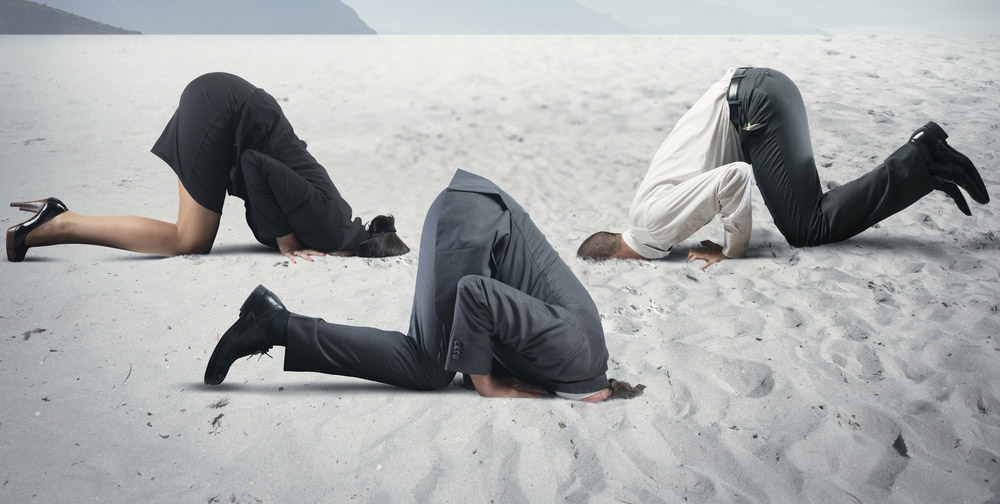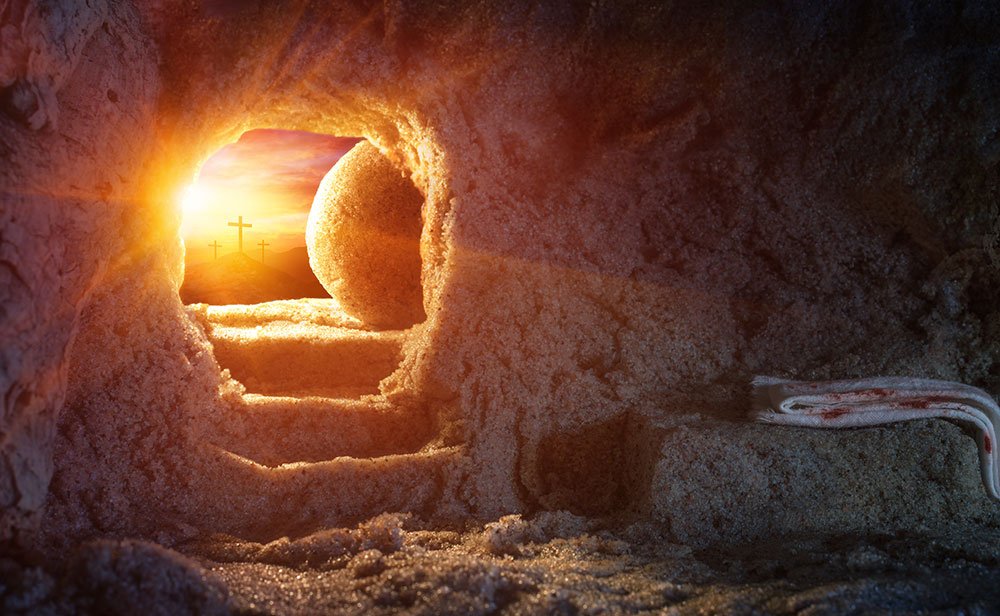Can the Church Save the World?
Can the Church Save the World? - Part 1
Can the church save the world? Can it? Can it experience a wholesale and complete transformation that reclaims its identity and calling in the world in time so that it becomes the chief catalyst for saving the world from the greatest existential crisis the planet has faced since the dawn of human existence? I believe it can. (I can already hear the laughter and outrage.) But to be clear. I am not asserting that the church will save the world. I am suggesting it can, though not probable but still possible. After all, with God, all things are indeed possible.
The ecological future of the planet and the astonishing gap between the global rich and poor are not two crises. They are one, intertwined together. And with all reverence to other causes that matter – racial justice, gender equity, LGBTQIA+ rights, stopping gun violence, finding a cure for cancer, fair wages, peace in Haiti and in Ukraine, and much more – if we, as a global community, do not attend to this greatest of crises, nothing else will matter. Nothing.
For the whole creation groans in eager longing… (Romans 8:19 ff)
I first began to hear about the possibility of climate change due to human activity around 1969 when I was an undergraduate engineering student at North Carolina State University. Though the idea was interesting, few people really took it seriously. It seemed abstract, and besides, if what the environmental science was telling us was true, then, of course, there would be plenty of time for the global community to do something about it. Surely the greatest scientific minds would get together, and public and environmental policies would be developed to mitigate what science was telling us. I mean, who would not want to stop a climate disaster?
But time marched on and greenhouse gases continued to spew. We continued to poison our waterways, rape our land and forests, and build dams that radically altered riverways and the migration of fish upsetting a whole ecology. No matter what the warnings may have been, nothing could interfere with keeping the industrial complex going. When we began to see polar ice caps melting and huge glaciers calving and disappearing, when 150-200 animal and plant species went extinct everyday due to human activity, some would sound the alarm, but not enough has happened. Maybe it was denial. Maybe it was arrogance thinking that one day we would just flip a switch and fix it. Maybe it was the great American ethic of entitlement that recognized the crisis but thought, “Yea, it’s bad. But it won’t really affect us.” Or “I’m not going to worry about it or change anything in my life. It’s not my problem.”
Time flies. It is hard to believe that it was seventeen years ago – that’s right 17 years ago! – that former VP Al Gore presented his documentary “An Inconvenient Truth.” Some found it interesting. Some ridiculed it and Mr. Gore. Others were alarmed, but in the whole scheme of things it really did not move the needle much in the right direction. Never mind that every mainstream print publication has tried over the years to sound the alarm about climate disaster. Five years ago, teenage (at the time) Swedish activist Greta Thunberg drew attention to the crisis by publicly shaming world leaders at a gathering of the United Nations. And, of course, there are the frequent gatherings of global leaders to address climate change, but again, in light of what we are seeing and experiencing today, every effort has fallen short of what is needed.
That Canadian wildfires have unleashed massive smoke and dangerous air over much of Canada and the US. Wildfires is not new, but what is new is that the prime culprit has been wildfires in eastern Canada with forest land the size of Ohio on fire. Everyday day we hear of massive floods, draught, the migration of millions to escape the ravages of rising tides, extreme heat, and famine associated with climate change. Every day in this country hundreds of people are dying from extreme heat. Rising ocean temperatures have transformed the waters of South Florida and the Florida Keys into a hot tub, destroying coral reefs and sea life. We saw one third of the country of Pakistan under water from massive flooding, and then we saw the same thing in Vermont and in Pennsylvania. Power grids are under great strain to hold up under the demands for air conditioning. And it’s just July.
A New Normal
No longer can anyone refer to any of this as “extreme weather.” It’s not extreme. It’s the new normal.
But cheer up! Things are going to get worse.
Here’s the really inconvenient truth. As catastrophic as things seem to be, there is no strategy or climate agreement that could actually undo what has been done, and, in effect, cool the planet. Nope, the damage is done. The Paris Agreement set as our shared target to limit the heating of the earth to a 1.5 degrees Celsius increase over pre-industrial levels. An increase of 2 degrees would be apocalyptic. Last year the planet already had warmed to 1.15 degrees above pre-industrial levels. There’s a 66% chance the planet will reach 1.5 degrees of warming in the next five years. If what we are experiencing now in terms of fires, floods, tornadoes, suffocating heat indices, and human suffering are happening at a 1.15-degree rise, what does a 1.5-degree rise bring?
The Church Shares Much of the Blame
The church deserves much of the blame for the situation in which we find ourselves. Churches have ridiculed the science and have told their adherents that “man” cannot destroy what God has created. For centuries much of the church has taught that the mandate God gave to the human beings in the first chapter of Genesis to have dominion over everything as full license to strip-mine, drill, dam, bomb, poison, rape the earth, destroy wildlife, and enslave and/or subjugate other human beings to the white male. What is beyond tragic is that Genesis 1 and its creation narrative actually serve as a vision for the identity and calling of the human species. Identity: God created humankind in God’s own image and after God’s very own likeness. Calling: God appoints humankind as God’s agents to tend to, care for, and steward the earth, the seas, and all its creatures. In other words, for God’s sake, take care of it! It is akin to the Kenyon proverb:
Treat the Earth not as if it was given to you by your parents, but as if it was lent to you by your children.
The arrogance that fostered the devastating interpretation of Genesis 1 and the greed and quest for power and domination that followed are only part of the story. A large swath of the “Christian Church” could not care less about the climate and actually works to sabotage climate action. “Christian Church” is in quotes because I do not think this collection of churches can be called authentically Christian, certainly not followers of Jesus.
Having said that, I will again ask the question that drives this blog: Can the Church Save the World? I think it can, not because I am ridiculously optimistic but because of the One who loves us and is risen from the dead.
Part 2 is coming. Stay tuned.
In the abiding hope of the empty tomb,






